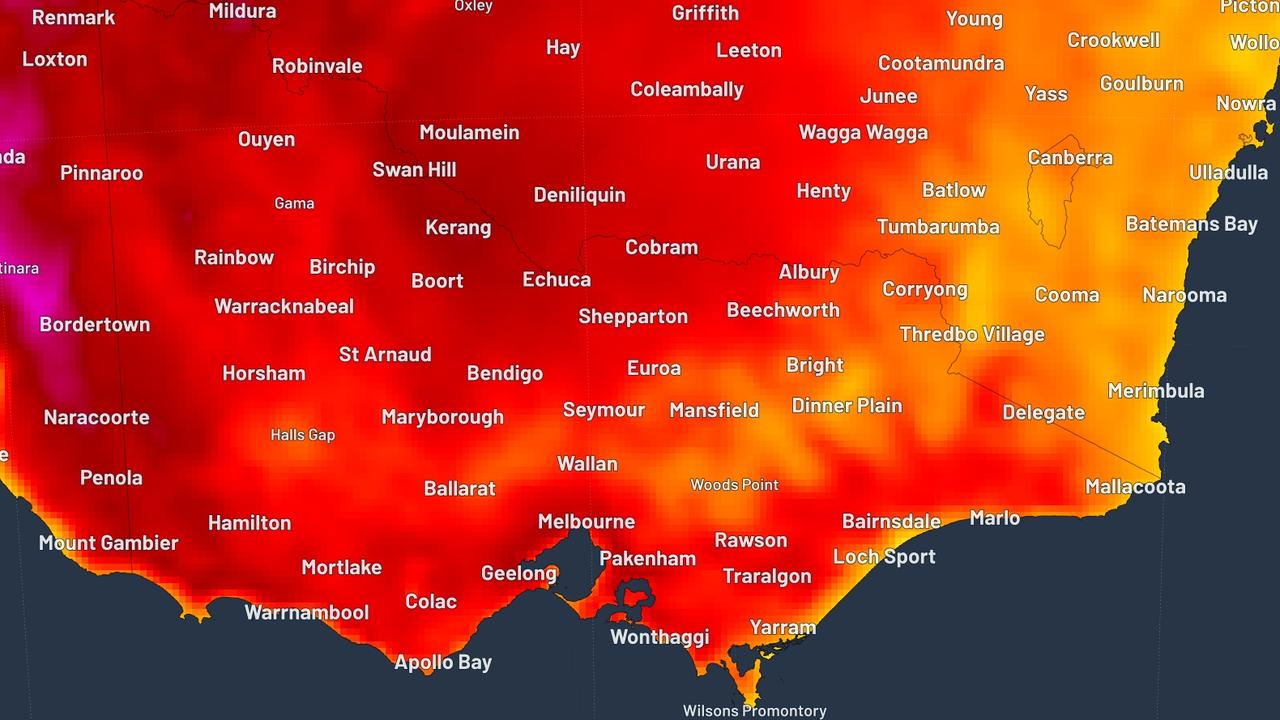Despite a landmark court decision, Google still makes your salary in the time it takes you to grab a glass of water
Despite a landmark decision after a potentially crippling court battle, one thing still remains clear about the world’s most powerful tech giant.
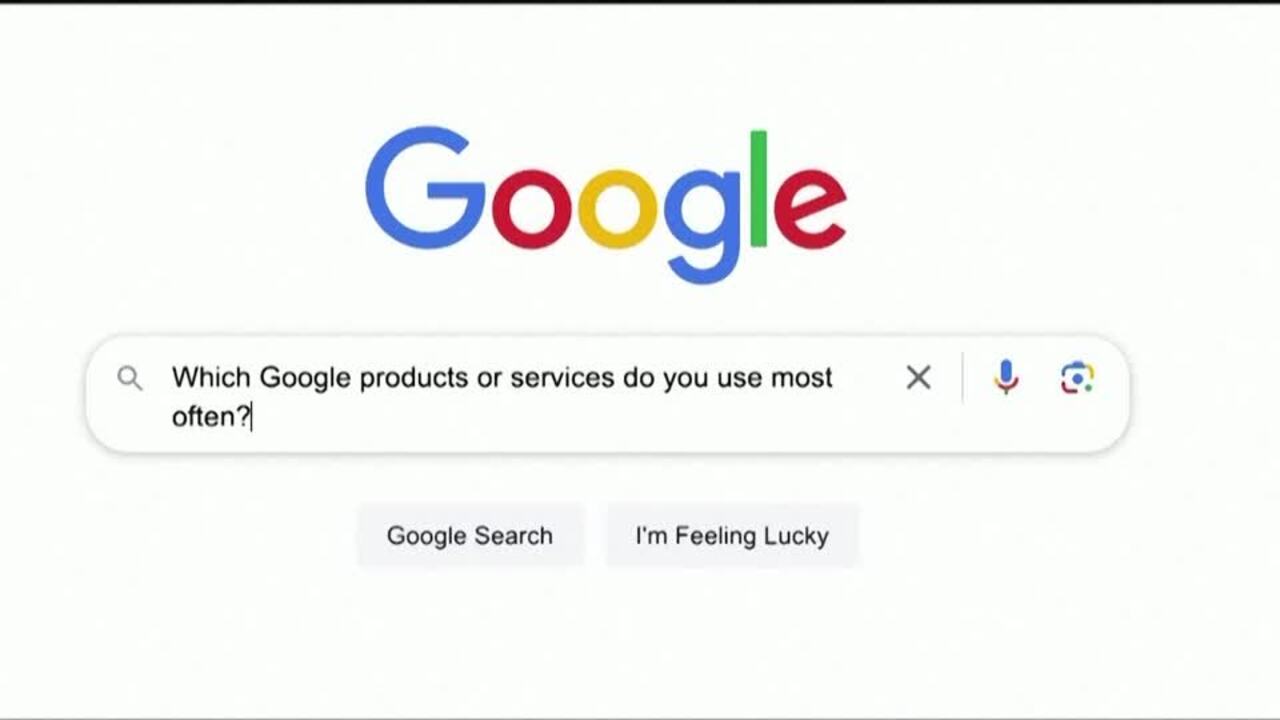
The tech world continues to make jaw-dropping profits year after year and the latest numbers coming from Alphabet, Google’s parent company, have proven that highly publicised court battles have done little to fight against alleged monopolisation in the sector.
With net income approaching $94.2 billion for 2024, Alphabet has firmly planted itself at the top of the “big five” tech hierarchy, knocking Apple off its perch, even despite modern life being totally overrun by iPhones and MacBooks.
Google and Alphabet’s dominance in the tech sphere has seen the company integrate with just about every conceivable facet of our lives, from our televisions, work communication systems to even our ceiling lights at home.
The relatively rapid transition from a world run on ink and paper to having a California-based company recommend when we should fall asleep has unsurprisingly turned Google into a financial powerhouse that wields more power than some small nations.
That dominance translated to about $2,988 (A$4,818) per second last year, according to a report from AltIndex.
It gets even wilder when you realise that in just 16 seconds, Alphabet earned what the average US worker takes home in a year — roughly $50,000 (A$80,500).
In the time it takes you to walk to the kitchen for a glass of water, $50,000 more has pushed its way into Google’s enormous war chest. In one minute, the company raked in $179,280 (A$288,200), which is more than most people’s annual salaries.
It’s no surprise that Alphabet stands at the top of the GAFAM food chain, but let’s not forget that Apple, despite a slight drop in profits, still made an eye-watering $93.7 billion (A$151.2 billion), translating into $2,971 per second (A$4,792).
Microsoft also saw impressive numbers with $2,794 per second (A$4,510) in 2024.
Alphabet may be the reigning champion, but Meta and Amazon also saw explosive growth in the past year. Meta’s net income soared by 86.8 per cent year-on-year, crossing $55 billion (A$88.7 billion), or $1,761 per second (A$2,838).
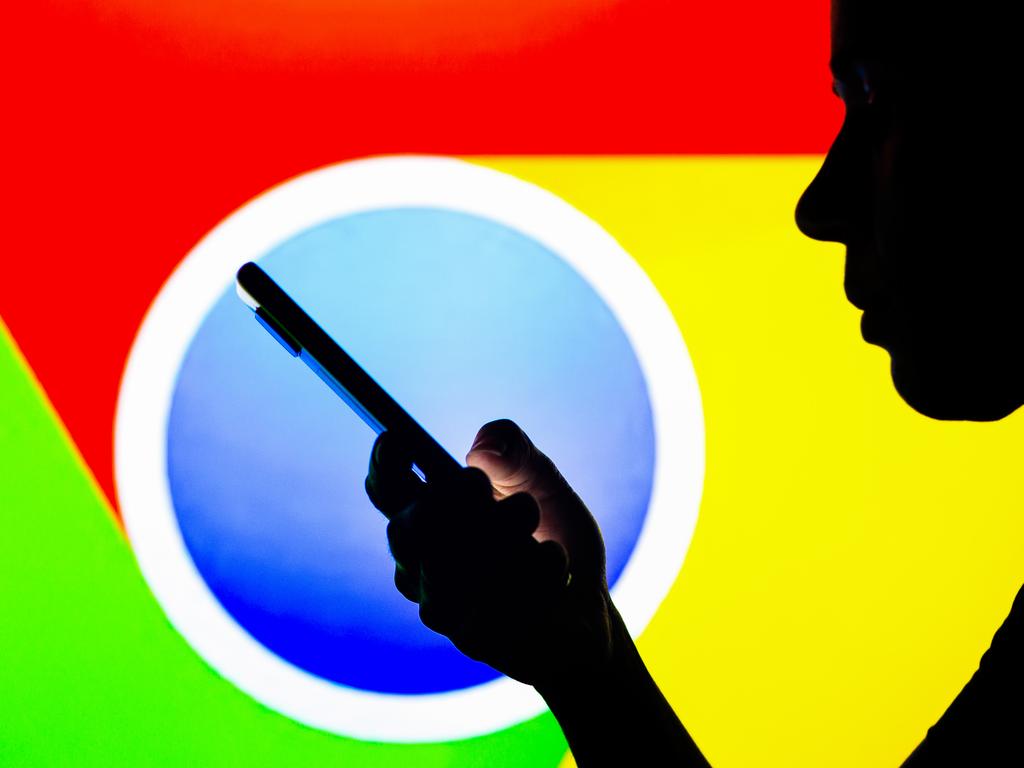
Amazon wasn’t far behind, boasting a staggering 148 per cent growth, with a net income of $49.8 billion (A$80.3 billion), which translates to $1,581 per second (A$2,548).
Google remained at the top despite a landmark court case in the US in 2024. In a decision handed down in August, a judge found that Google had illegally monopolised online search.
The court ruling had the potential to up-end Google’s dominance in the online search space, but as with anything legal in the corporate world, things have moved at a snail’s pace.
The US government, having seen its case gain traction, urged the court to consider ordering Google’s break-up, perhaps forcing the company to sell off its Chrome browser, a key cog in the company’s market dominance.
Alphabet’s appeal plans will likely drag this process out further.
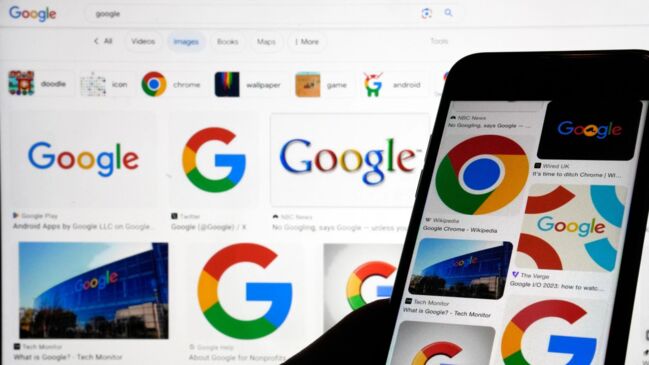
But even if Chrome were to go, that still wouldn’t address the full extent of Google’s dominance.
There is also Android, the mobile operating system Google acquired for a paltry $50 million back in 2005, that runs the majority of the world’s smartphones.
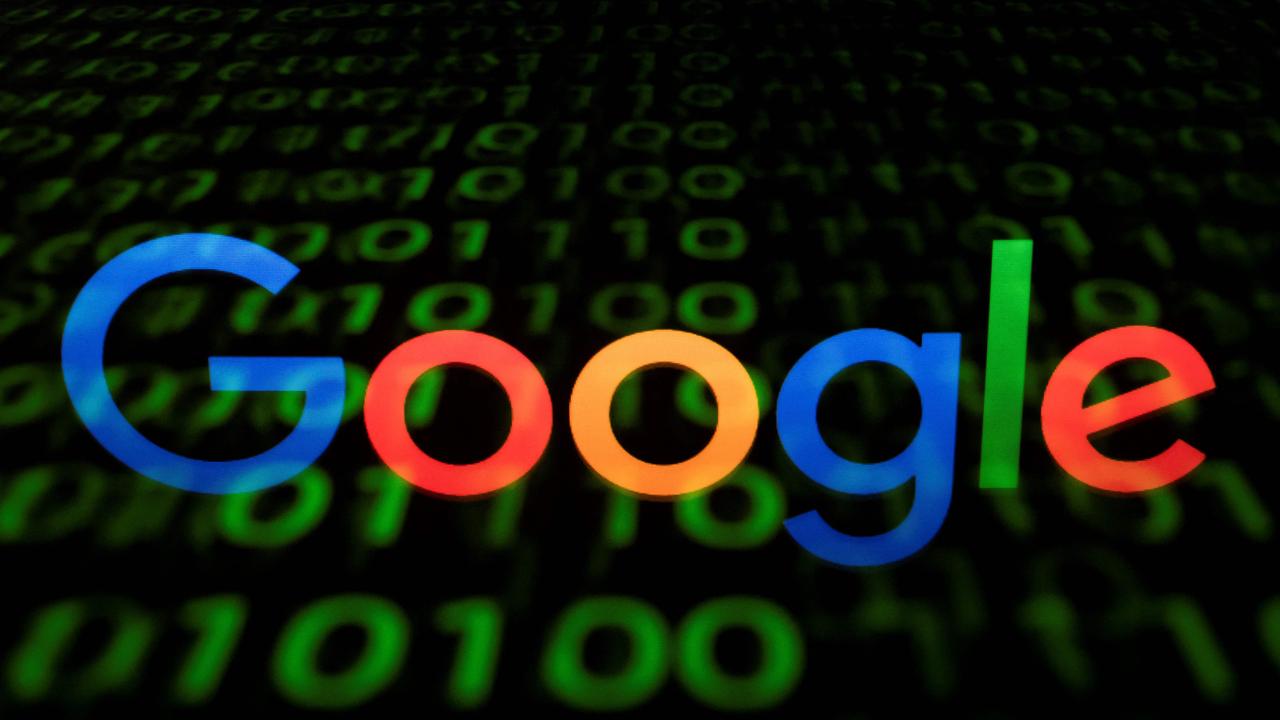
Google’s $1.65 billion acquisition of YouTube in 2006 has also transformed into a revenue powerhouse, generating far more than the original purchase price every year as younger generations transition rapidly from traditional television to watching teenagers streaming colourful video games and billionaires blowing up supercars.
While the DOJ has also floated the possibility of “behavioural remedies” (such as restrictions on certain practices), forcing the company to divest key assets remains the most direct path to neutralising its market power.
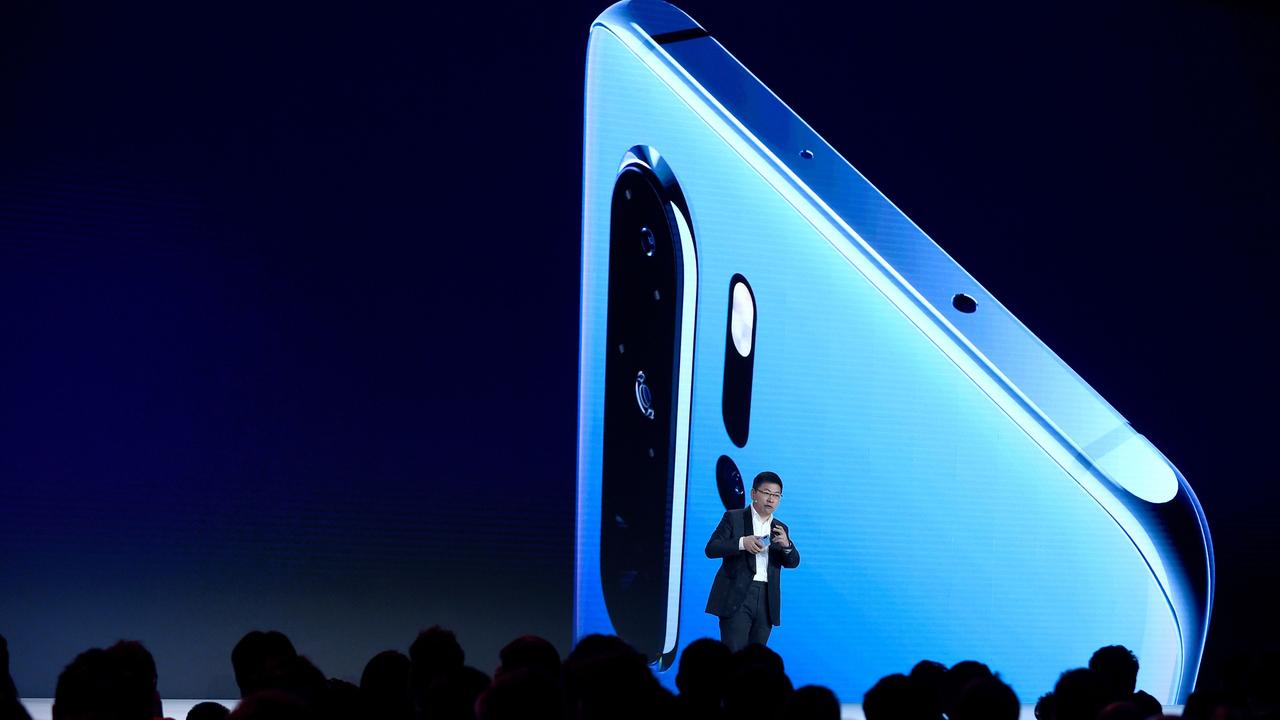
Google dragged into Trump-Mexico spat
Such is Google’s influence, it is now being dragged into geopolitical spats between nations with tens of millions of people.
The President of Mexico Claudia Sheinbaum Pardo has rallied against the company’s decision to alter the name of the Gulf of Mexico on its maps for US users following Donald Trump’s brash move upon retaking office.
The Mexican government is preparing to send a formal letter to the tech giant to clarify the geographical and political realities surrounding the Gulf.
“We are sending a letter to Google first to tell it: I suppose Google Maps will know about this international division, it will also know which organisation is the one that gives the name to the international seas and what would correspond in any case to the continental shelf,” Sheinbaum explained.
This move follows Google’s announcement that it will follow the US government’s lead in renaming the Gulf of Mexico as the Gulf of America, a directive stemming from an executive order signed by the Republican leader.
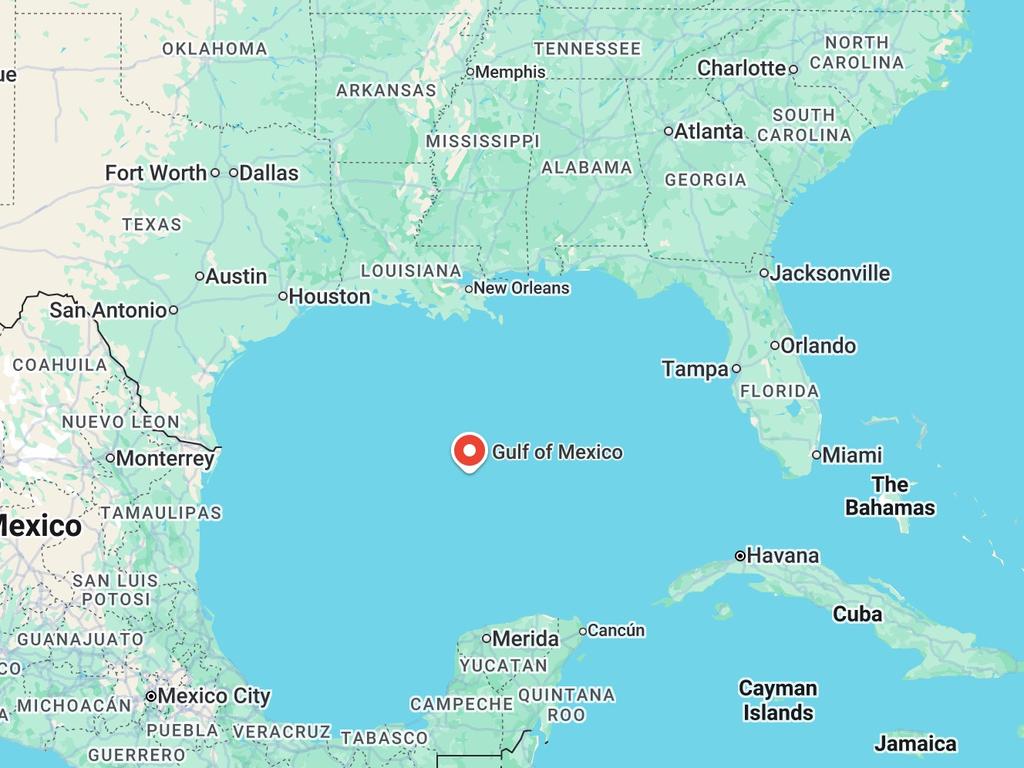
The order, which was made public during Trump’s inaugural address, aims to make the controversial change official.
It has unsurprisingly sparked outrage and confusion across borders.
Sheinbaum took to her press briefings to stress Mexico’s stance on the matter.
“The Gulf of Mexico is still the Gulf of Mexico,” she said.
The Mexican president’s response to Trump’s executive order has been a mix of disbelief and wry humour.
When addressing the name change, Sheinbaum herself could not suppress a laugh.
“He says that he will call it the Gulf of America on its continental shelf,” she remarked. “For us, it is still the Gulf of Mexico, and for the entire world it is still the Gulf of Mexico.”
Trump’s plan to rename the Gulf first surfaced in his inaugural address last Monday.
“A short time from now, we are going to be changing the name of the Gulf of Mexico to the Gulf of America,” he declared.
Mere hours after the statement, he signed an executive order to make it happen.
Sheinbaum sarcastically suggested that perhaps North America could be renamed “América Mexicana” or “Mexican America,” referencing an old 1814 document that predated Mexico’s constitution.
“That sounds nice, no?” she quipped.
For the record, the Gulf of Mexico has carried its name since 1607.
In a statement posted to X, Google explained that it was following its “longstanding practice of applying name changes when they have been updated in official government sources,” claiming that the Geographic Names Information System — a US government database — would reflect this latest update.
Whether that update will stick, however, is still very much in question.



